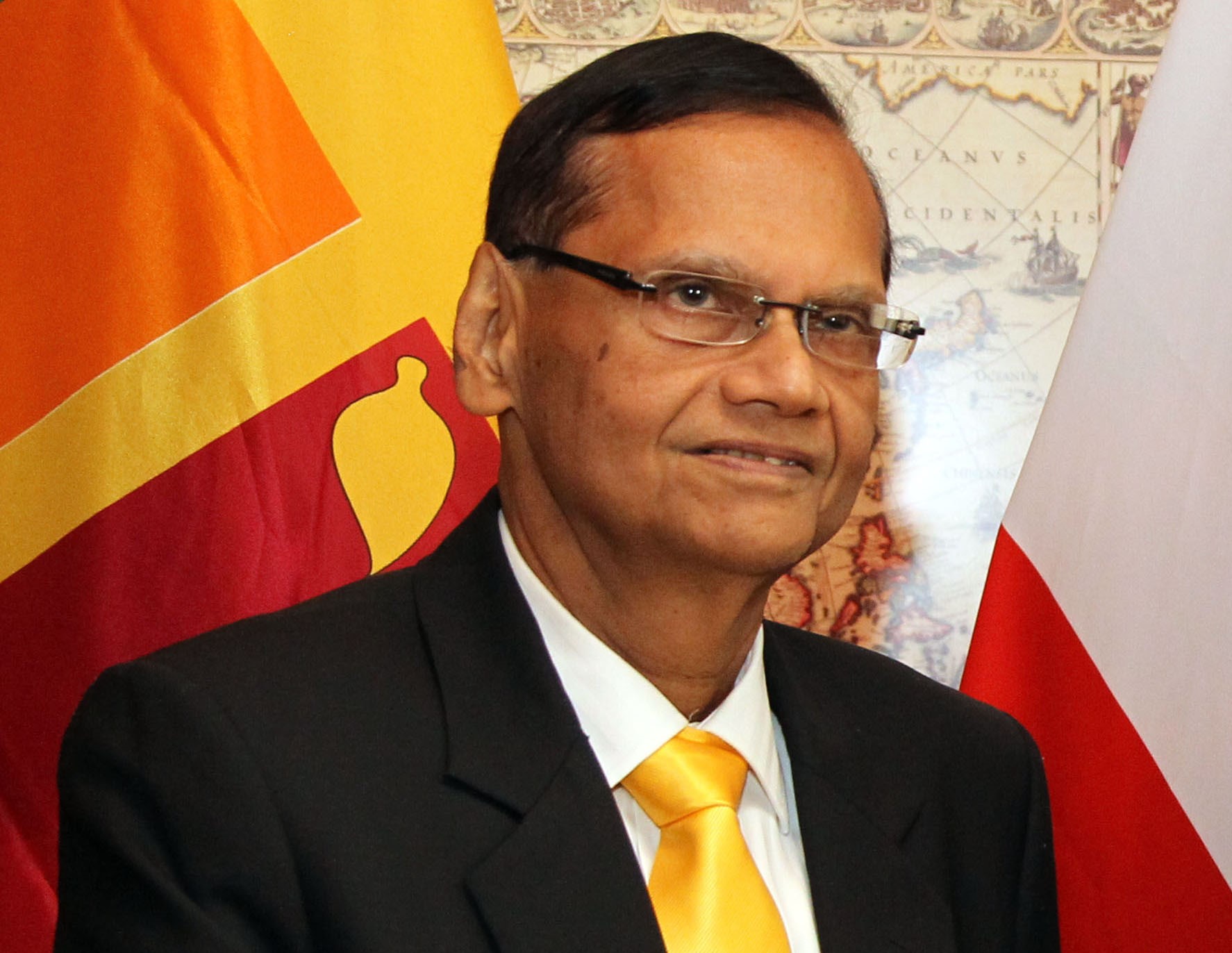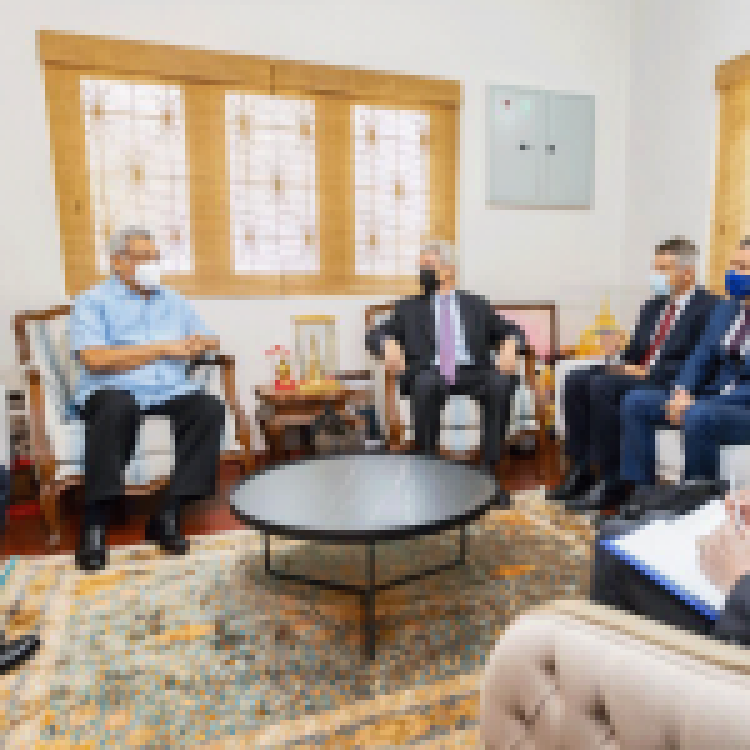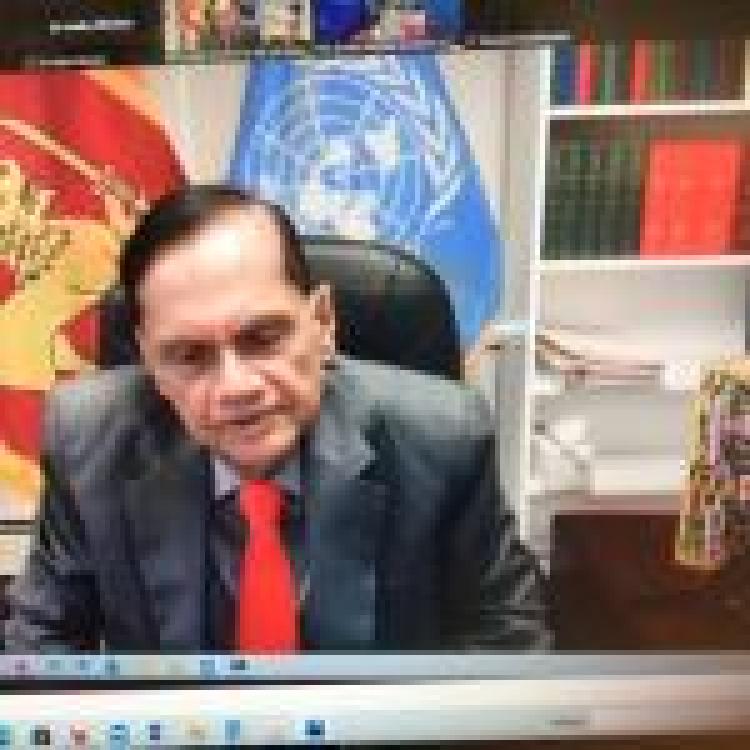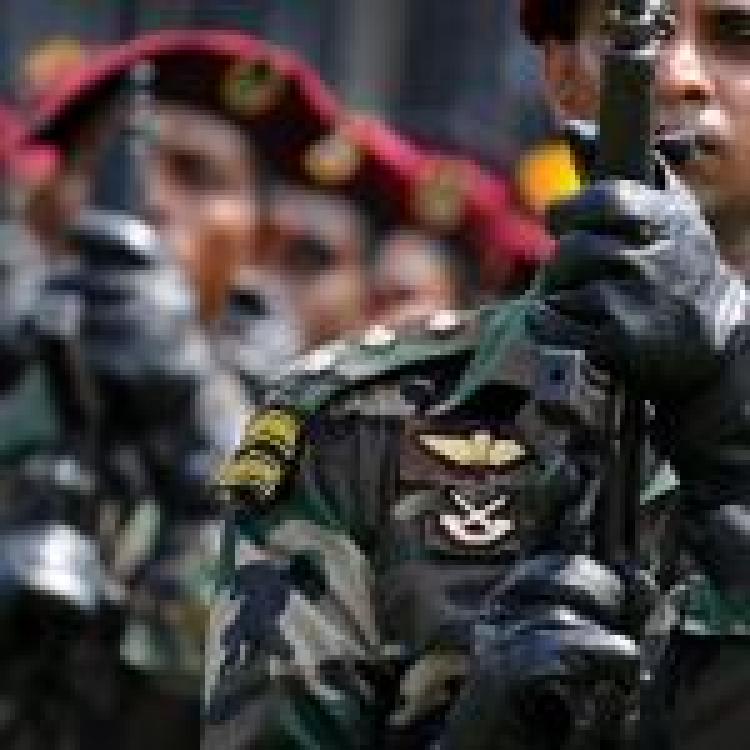
The Sri Lankan government has ruled out talks with banned Tamil diaspora groups in addressing "internal issues of the country", including enforced disappearances. Foreign Minister, G.L Peiris told the Daily Mirror that the state, “will instead look at engaging with others.”
Speaking to UN Secretary-General António Guterres, Sri Lankan President, and accused war criminal, Gotabaya Rajapaksa claimed he would invite the Tamil Diaspora to participate in discussions regarding the “country's internal problems” but asserted there would be, “no room for separatism to re-emerge in Sri Lanka.”
Read more here: Sri Lankan President claims he will take 'immediate action' to address enforced disappearances
Peiris, added in his interview, that speaking to banned organizations, “like the Global Tamil Forum [...] would be a violation of our law.” The minister maintained the government is having discussions with several groups and individuals” including NGOs, “foreign diaspora” and parliamentary opposition as it is essential to, “the processes of reconciliation that we [the country] have embarked upon.”
In March, the Sri Lankan state proscribed over 300 individuals and several Tamil diaspora organisations under the terrorist designation law, as part of the regime's continued crack down on Tamil civil society and activists.
The British Tamil Forum (BTF), Canadian Tamil Congress (CTC), Australian Tamil Congress (ATC), National Council of Canadian Tamil, Tamil Youth Organisation and the World Tamil Coordinating Committee are among those banned by the Sri Lankan Ministry of Defence.
In September, the UN High Commissioner for Human Rights, Michelle Bachelet told the Human Rights Council, “contrary to Sri Lanka’s assurances, expecting accountability from any state-led mechanism is futile.” The Sri Lankan government has historically used national security as a guise to intimidate, surveil and harass Tamil communities.
Read more here




